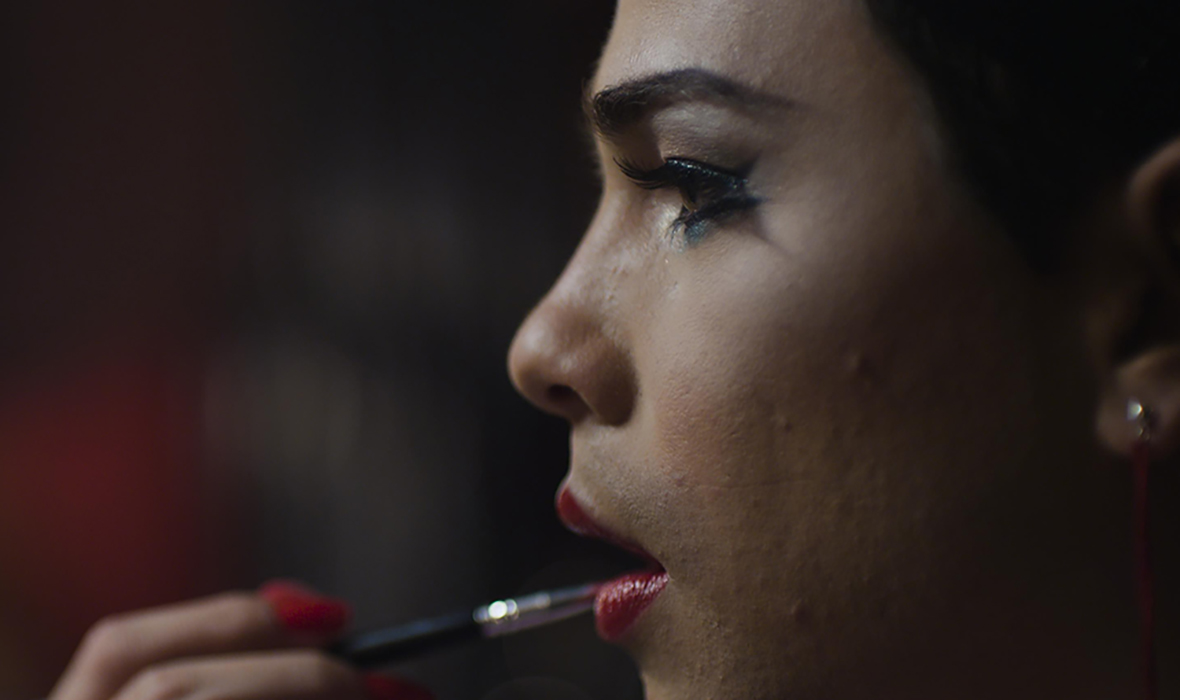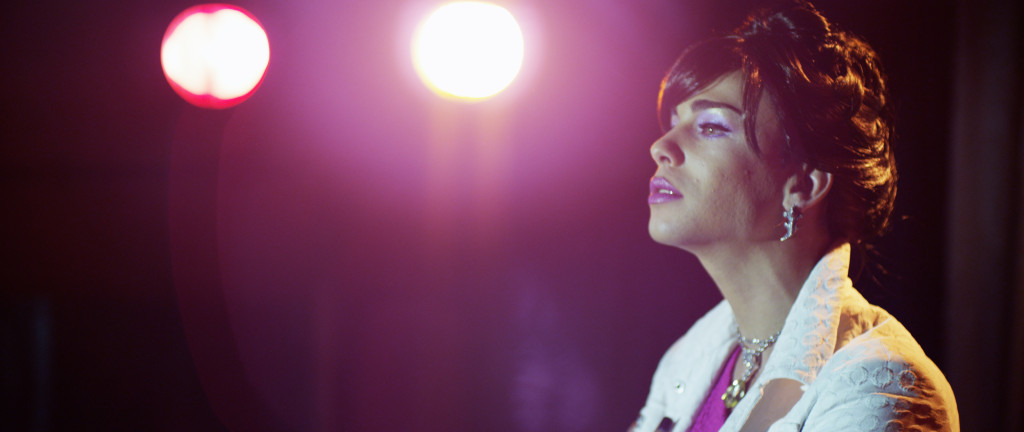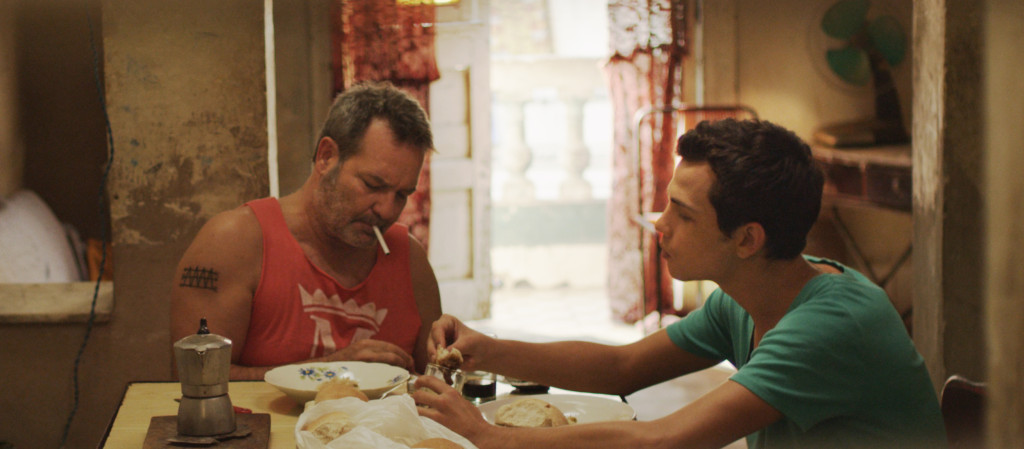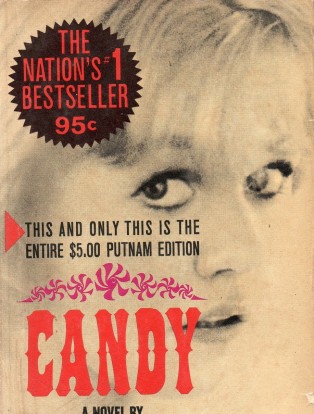Love and Drag in Havana
Breaking boundaries in the film, Viva

When Irish filmmaker Paddy Breathnach first encountered a drag show in Havana, Cuba, it was not in a very polished venue. “A sheet that was hung up in a suburban back yard and a single light bulb created a theater and a world of dreams out of nothing,” he recalls. “This power of transformation and creation was driven by a desire to express identity in a raw, unabashed, passionate voice. It was intoxicating.”
Although Breathnach was not fluent in Spanish, for him the real act of communication was not in the lip-synched lyrics, but rather in the intensity and veracity of the performers. He hoped to one day shoot a film inspired by that amazing experience. “I wanted to take that vivid romantic tone and place it in a world of naturalistic cinema,” he says. And now he has. His new film, Viva, which was a hit at the Telluride and Sundance Film Festivals and was Ireland’s official entry to the Oscars for Best Foreign-Lanuage Film, was released in theaters this year.

With a script by Mark O’Halloran and the backing of executive producer Benicio Del Toro, Breathnach ventured to Havana to shoot Viva with a Cuban cast. “I had could-get-by Spanish,” he said in an interview with the Los Angeles Times, “but I was nervous beforehand. I discovered quite quickly that if you know what it is you want to say, you can overcome language barriers. We had 22 days and a small budget, so I knew going into it that we couldn’t afford tons of extras. So as the Cubans say, we decided to ‘go free’ ”—that is, to capture candid moments of regular people on the street. “The people we shot on the buses were all real people on the buses who weren’t aware that we were going to be filming.”

The film is the story of Jesús (Héctor Medina), a young hairdresser who works at a Havana drag club, snipping away at the wigs of performers, but who dreams of one day becoming a performer himself. With the help of his mentor, a veteran drag performer known as Mama (Luis Alberto García), he finally does get that chance, but when his long-estranged father (Jorge Perugorría), a retired boxer, re-enters his life, Jesús’s dreams must accommodate the intolerant, macho realities of contemporary Cuba. “At the heart of the story is a battle for identity and the love between a father and son,” says Breathnach. “I wanted to tell a story where we find light in a dark place and where what is perceived as weakness transforms to be seen as a strength.”




